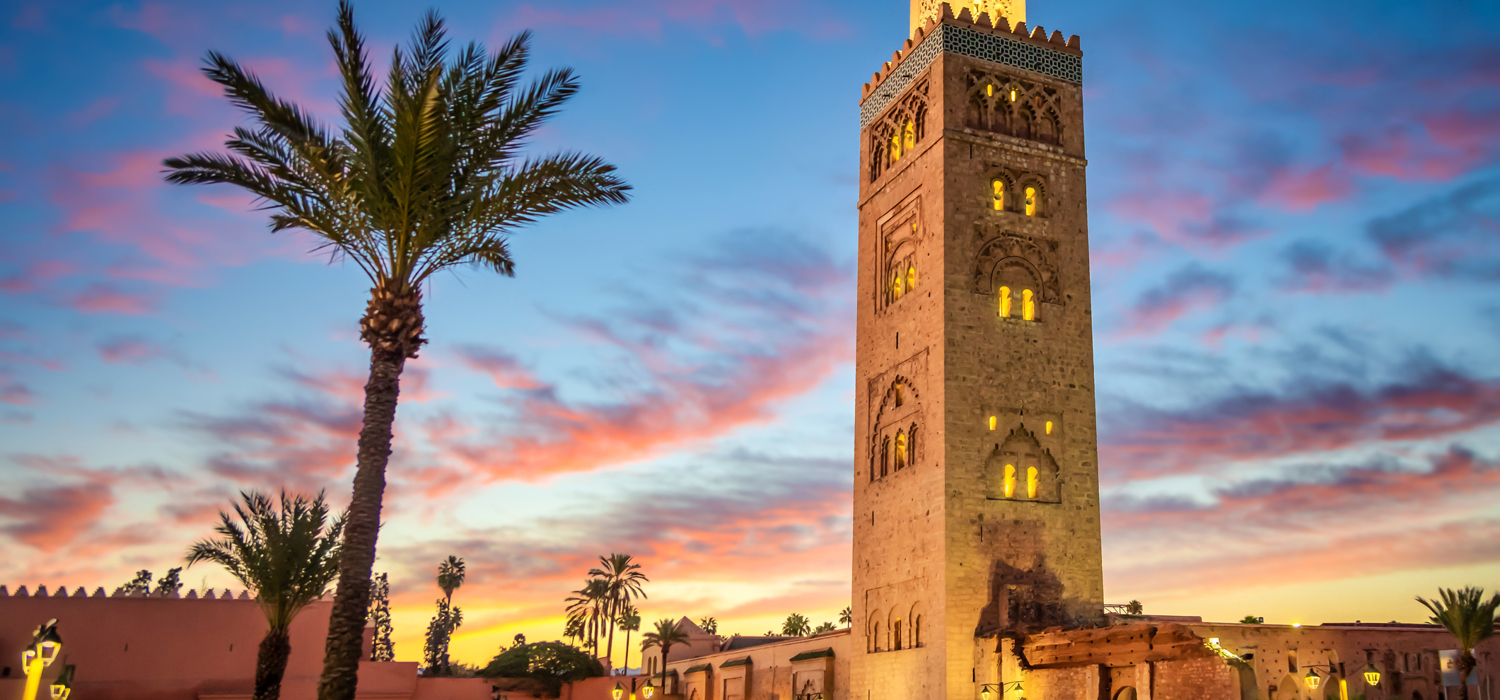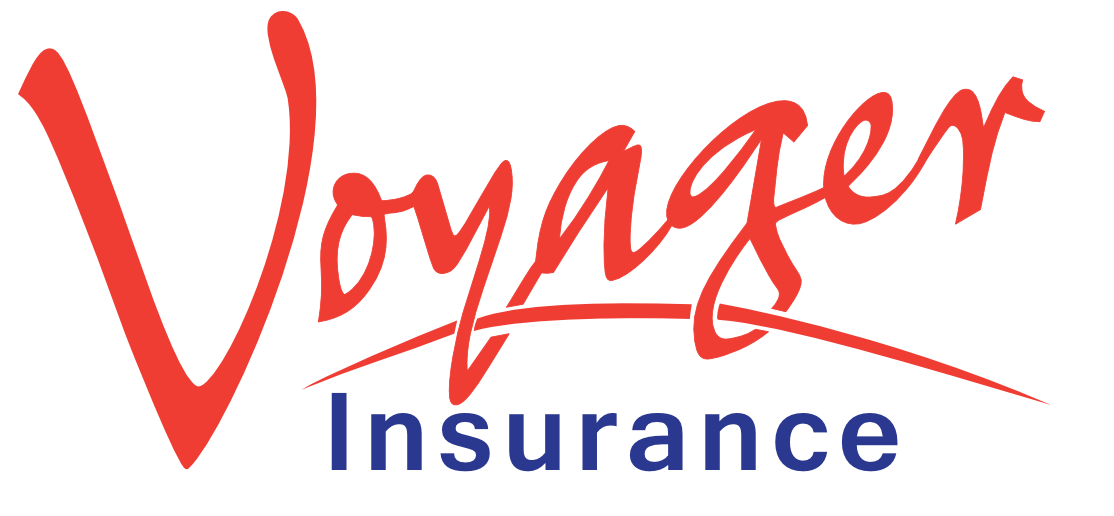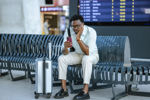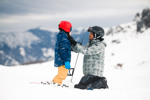Your Morocco Travel Safety Guide
Posted in Travel on 18 July 2025

For an exotic getaway where you’ll find bustling souks, rural mountain ranges, and golden Sahara dunes to explore, Morocco is the place to go. With over 12 million visitors a year, it’s a well-travelled path that still feels wonderfully off the beaten track.
From Marrakech’s maze-like medina to the tranquillity of the Sahara under the stars, Morocco promises an unforgettable holiday experience. But, for many considering a trip to Morocco, it’s common to wonder: is it safe to holiday in Morocco right now? The short answer: Yes—provided you’re informed, prepared, and respectful of local customs.
This Morocco travel guide will help you stay safe and make the most of your adventure—from avoiding scams and navigating cities, to staying healthy with food and water tips. It also highlights the importance of having travel insurance to protect you against unexpected events during your trip.
Is Morocco Safe to Visit?
Many people ask, ‘is it safe to travel to Morocco?’ The short answer is yes. Morocco is widely considered one of the safest destinations in North Africa. In recent years, tourist safety has been a government priority, particularly in major cities and popular holiday spots like Marrakech, Fez, and the coastal towns. While most visits are trouble-free, it’s wise to take extra care in remote desert regions, mountainous areas, and less touristy urban districts—especially at night.
Morocco Safety Tips: Staying Safe While You Travel
When travelling, it’s important to stay vigilant and aware of your surroundings, as petty crime and common Morocco tourist scams can occur, particularly in busy tourist areas
Common Safety Concerns:
- Petty street crime: Pickpocketing and bag-snatching can happen in crowded areas. Secure your bags to keep valuables out of sight and be aware that busy tourist cities such as Marrakech or Fez may have more incidents.
- Street hustlers and scams: Be cautious of vendors or individuals trying to sell you counterfeit goods, “free gifts” or trying to trick you into paying for a service e.g. unofficial tour. The easiest way to prevent being caught out by this is to refuse them politely but firmly, or avoid eye contact and walk on.
- Unlicensed taxis: Always use official taxis or ride-hailing apps where available. Some drivers may overcharge or refuse to use the meter—agree on a price beforehand if needed. Official taxis have the same colour so should be easy to spot, however the colour varies depending on the city, for example in Marrakech they are yellow, while in Casablanca they are Red.
Top Tips for Staying Safe in Morocco
While most visits to Morocco are trouble-free, taking a few sensible precautions can help ensure your trip goes smoothly. Here are some practical tips to help you stay safe, confident, and well-prepared throughout your journey.
- Choose accommodations with good security, such as hotels with on-site guards or private beach access
- If travelling with family, keep children close in busy markets and public places
- Avoid walking alone at night; stick to well-lit, populated areas
- In remote areas, consider joining organized group tours for added safety
- Avoid carrying large amounts of cash. While credit cards are widely accepted in tourist areas, remote or traditional markets may be cash-only. Carry only what you need, and in small denominations, to avoid drawing attention
Staying Healthy in Morocco: Health, Food and Water Tips
While Morocco is a relatively safe destination, it’s still important to consider your overall health—especially when it comes to vaccinations, food, and water safety. With just a few simple precautions, you can stay healthy and fully enjoy everything the country has to offer without interruption.
Vaccinations & Health Tips
- Always check with your healthcare provider or travel clinic well in advance to get personalised advice based on your travel plans
- Packing antibacterial hand gel and washing your hands before meals is a smart move
- Bring a basic travel health kit, including regular medications, plasters and pain relief
Water Safety
- Avoid drinking tap water unless it's been filtered or boiled
- Most hotels provide filtered water, but bottled water is the safer and more common option
- Bottled water is a safer and more popular option for travellers. However, as the Moroccan government is working hard to reduce plastic waste, consider bringing a reusable filtering device or water sterilising pen instead
Food Safety
- If you’re prone to digestive issues or cautious about hygiene, be selective about the type of street food and unfamiliar dishes you indulge in
- Only eat fruit or vegetables that have been peeled, washed, or cooked
- Try to stick to the food stalls or vendors that are busy and popular with the locals—they usually have a high turnover and fresher ingredients
Staying Covered in Morocco
When planning your trip to Morocco, it’s important to consider travel insurance for Morocco to protect yourself during your journey. Much of the country being made up of desert and mountainous terrain, so there is a possibility you could sustain an injury that requires emergency medical treatment.
Travel insurance not only helps cover the cost for medical emergencies, but it also protects you against trip cancellations, lost luggage, travel delays—any of which could turn a dream holiday into a stressful experience. With the right cover in place, you can focus on exploring Morocco worry-free, knowing you’re covered if the unexpected happens.
Staying Connected in Morocco
Morocco has a good telecommunications infrastructure, making it easy to stay connected during your trip. Mobile coverage is excellent in cities and popular tourist areas, and Wi-Fi is widely available in most hotels, cafes, and restaurants.
Be aware that roaming charges may apply when visiting Morocco, so it’s a good idea to check with your mobile provider before you travel. Alternatively, purchasing a local SIM card is straightforward and affordable—these are readily available at airports and phone shops from major Moroccan mobile providers.
Final Thoughts
Whether you’re navigating bustling medinas or watching the sun set over the Sahara, a little preparation goes a long way. By staying informed and taking a few simple precautions, you can explore Morocco with confidence, avoid common pitfalls, and enjoy everything this vibrant destination has to offer.
Coming Up Next: Navigating Moroccan Culture and Etiquette
In our next blog, we’ll dive into the heart of Moroccan culture—exploring local customs, traditions, and etiquette tips to help you connect meaningfully with the people and avoid common cultural faux pas. From greetings and dress codes to dining rituals and bargaining in the souks, learn how to travel respectfully and make the most of your Moroccan experience.
Get Peace of Mind with Voyager Plus Travel Insurance
From desert treks to exploring busy souks, Voyager Plus can help ensure you’re covered for the unexpected—so you can travel with peace of mind.
Voyager Plus policies offer four levels of cover, including Single Trip and Annual Multi-Trip Travel Insurance options, access to GP on Demand, and include cover for the following:
- Emergency Medical Expenses – up to £10 million
- Cancellation Cover – up to £10,000
- Baggage Cover – up to £3,500
- 100s of activities covered as standard
- And so much more!
Click here to find out more about our Voyager Plus Travel Insurance.
This article is for information and entertainment purposes only. It does not constitute advice in any way. The information provided here is correct at the time of writing however please check the latest policy wording for the latest terms, conditions, and exclusions.
Other Related News Articles...
- Understanding Your Travel Insurance Excess
- What to Know About the New Helmet Rules in Italy
- Your Guide to the EU Entry/Exit System for Trips to Europe


